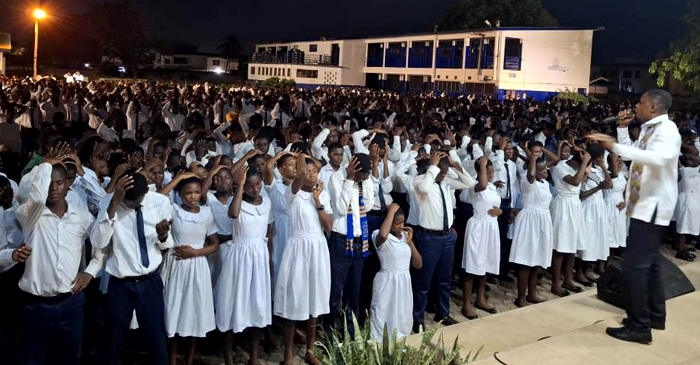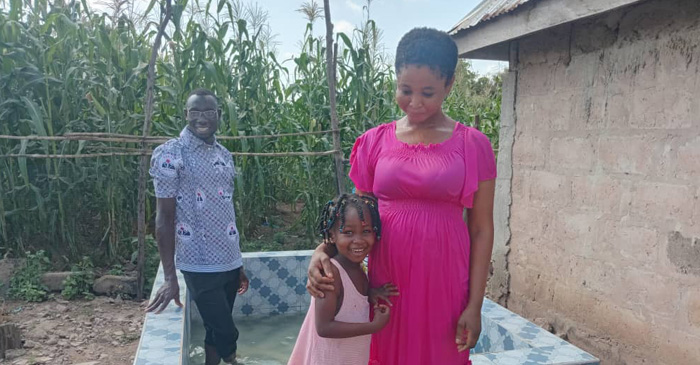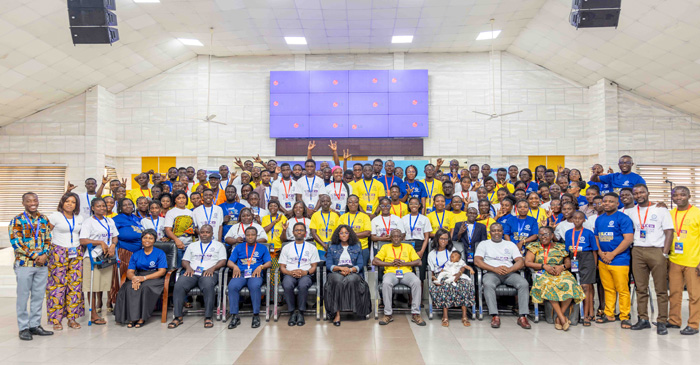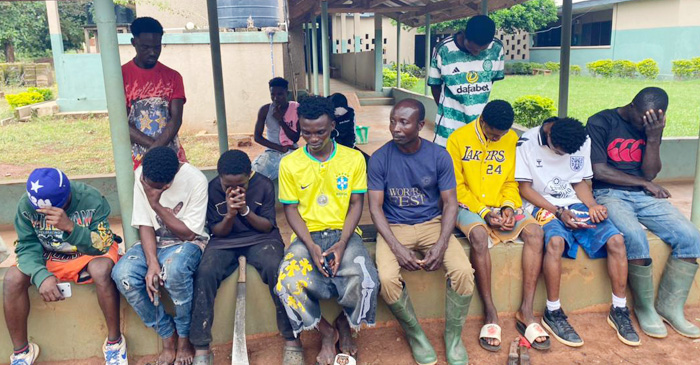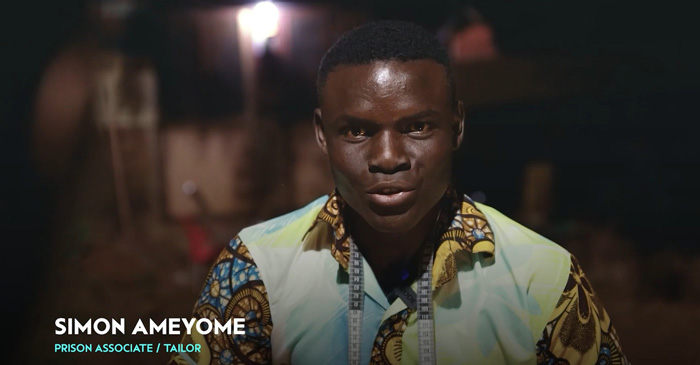
When 22-year-old Simon Ameyome walked into the Ho Central Prison for the first time, reform was the last thing on his mind. “There were too many of us in one room… no space, no training, nothing to do,” he recalled. “So you come out with no change.”
His experience mirrors the reality of many inmates in Ghana, where only 5 out of 47 prisons were originally built to help reform inmates. The rest trace their origins to the colonial era—structures built for confinement and punishment, not rehabilitation. The Yeji camp prison, for instance, used to be an abandoned clinic; Winneba prison used to be a warehouse dating back to colonial times; Koforidua prison, an armoury from the World War period; the Kumasi prison was built in 1946, and the jails at Kenyasi and Dua Yaw Nkwanta were handed to the Prisons Service by the Ministry of Agriculture. The gift of land at Kenyasi came with a solitary structure, which the Service had to secure and eventually expand to house prisoners. This is just to mention a few of the 40 prisons inherited from businesses and other governmental agencies. Some of the Prisons in the northern part of Ghana are even built from mud.
But today, inmates like Simon have a different story to tell—thanks to an unusual partner in Ghana’s correctional system: The Church of Pentecost.
In the last few years, the Church has constructed and handed over three modern correctional facilities — in Ejura, Nsawam, and now Damongo — to the Ghana Prisons Service. These facilities are purpose-built, complete with classrooms, chapels, workshops, medical units, and counselling rooms.
Consequently, many inmates are receiving vocational skills training, literacy education and counselling — tools designed to help them rebuild their lives and return to society stronger, not bitter.
The Damongo facility, the most recent to be commissioned, continues the Church’s push to transform prisons into centres of restoration. Correction officers say the impact goes beyond infrastructure — it is reshaping mindsets.
The Church’s initiative is part of its “Possessing the Nations” agenda, which urges Christians to influence every sphere of society with values and principles of the Kingdom of God.
According to the Deputy Director-General of Prisons in charge of Operations, Dr. Francis Omane Addo, modern correctional facilities are essential to lowering recidivism, reducing social risk, and ultimately building safer communities. Without such spaces, prisons risk becoming “warehouses for offenders,” trapping people in cycles of hopelessness and crime.
For Simon, the difference is clear. After spending time in the Nsawam Prison Camp modern facility, he left with training in tailoring and renewed confidence. Today, he runs a small workshop in his hometown at Juapong in the North Tongu district of the Volta Region.
Simon is living proof that with the right support, a prisoner today can become a nation builder tomorrow.
PENT NEWS.



